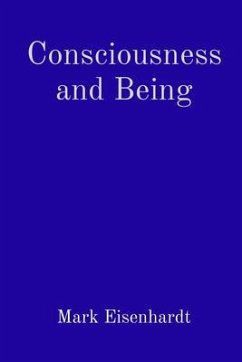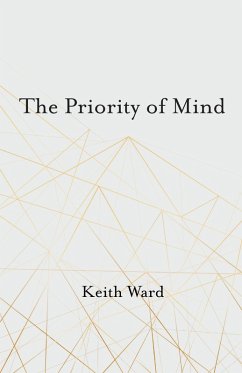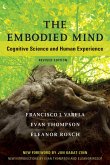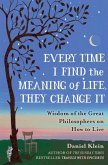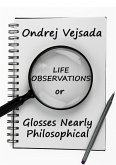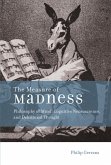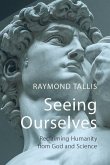The question of the relation between mind and matter has been a long-standing problem for philosophy and science. Philosophy has offered a number of positions defining the nature of this relation consisting of various forms of dualism and monism or idealism and physicalism. However, these approaches do not adequately address the question of exactly how separate substances interact or how a single reality differentiates into seemingly distinct realms. Alternatively, many books have been written from the perspective of neuroscience explaining the structures and activities of the perceptual and nervous systems associated with various conscious experiences, yet all they really provide are correlations between the two. They do not tell us how or why physiological activity gives rise to subjective experience and its specific qualities. A third approach comes from the literature of the spiritual, which alludes to the possibility of a mystical union of subject and object, but such states are seemingly inaccessible to rational articulation.
Consciousness and Being focuses on the unresolved questions at the heart of the mind-body problem: How and why does consciousness exist? How does subjective experience take on its specific appearance and qualities? What is the common ground of mind and matter such that they are capable of relation and unification? In addition, it argues that the desire to bridge the separation between subject and object is not merely an esoteric problem of interest to philosophers but is in reality the issue that drives all forms of human desire and the development and activity of the universe. Topics include:
· How is consciousness possible? What is necessary for its existence? What is the fundamental relation between mind and body? Who or what has consciousness? What is the relation between consciousness and being?
· What is the underlying desire that drives the will to resolve the opposition of mind and matter? How are all individual human desires forms of this general desire? Does the universe exhibit desire and purpose in its development and activity?
· What constitutes conscious human experience of the inner and outer worlds? What are the elemental parameters of experience? How does experience develop in relation to the body? When are we aware and what is the function of consciousness?
· How does the subjective appearance of the world and its specific qualia develop in relation to the physical?
· What is knowledge and what is its role in overcoming the separation between subject and object?
· What is science and why do we need it? Are the natural sciences adequate to the study of consciousness? What do the measures of science tell us about the consciousness of material objects?
· What is the nature of consciousness and how can it be unified with its objects?
Consciousness and Being focuses on the unresolved questions at the heart of the mind-body problem: How and why does consciousness exist? How does subjective experience take on its specific appearance and qualities? What is the common ground of mind and matter such that they are capable of relation and unification? In addition, it argues that the desire to bridge the separation between subject and object is not merely an esoteric problem of interest to philosophers but is in reality the issue that drives all forms of human desire and the development and activity of the universe. Topics include:
· How is consciousness possible? What is necessary for its existence? What is the fundamental relation between mind and body? Who or what has consciousness? What is the relation between consciousness and being?
· What is the underlying desire that drives the will to resolve the opposition of mind and matter? How are all individual human desires forms of this general desire? Does the universe exhibit desire and purpose in its development and activity?
· What constitutes conscious human experience of the inner and outer worlds? What are the elemental parameters of experience? How does experience develop in relation to the body? When are we aware and what is the function of consciousness?
· How does the subjective appearance of the world and its specific qualia develop in relation to the physical?
· What is knowledge and what is its role in overcoming the separation between subject and object?
· What is science and why do we need it? Are the natural sciences adequate to the study of consciousness? What do the measures of science tell us about the consciousness of material objects?
· What is the nature of consciousness and how can it be unified with its objects?
Dieser Download kann aus rechtlichen Gründen nur mit Rechnungsadresse in A, D ausgeliefert werden.

